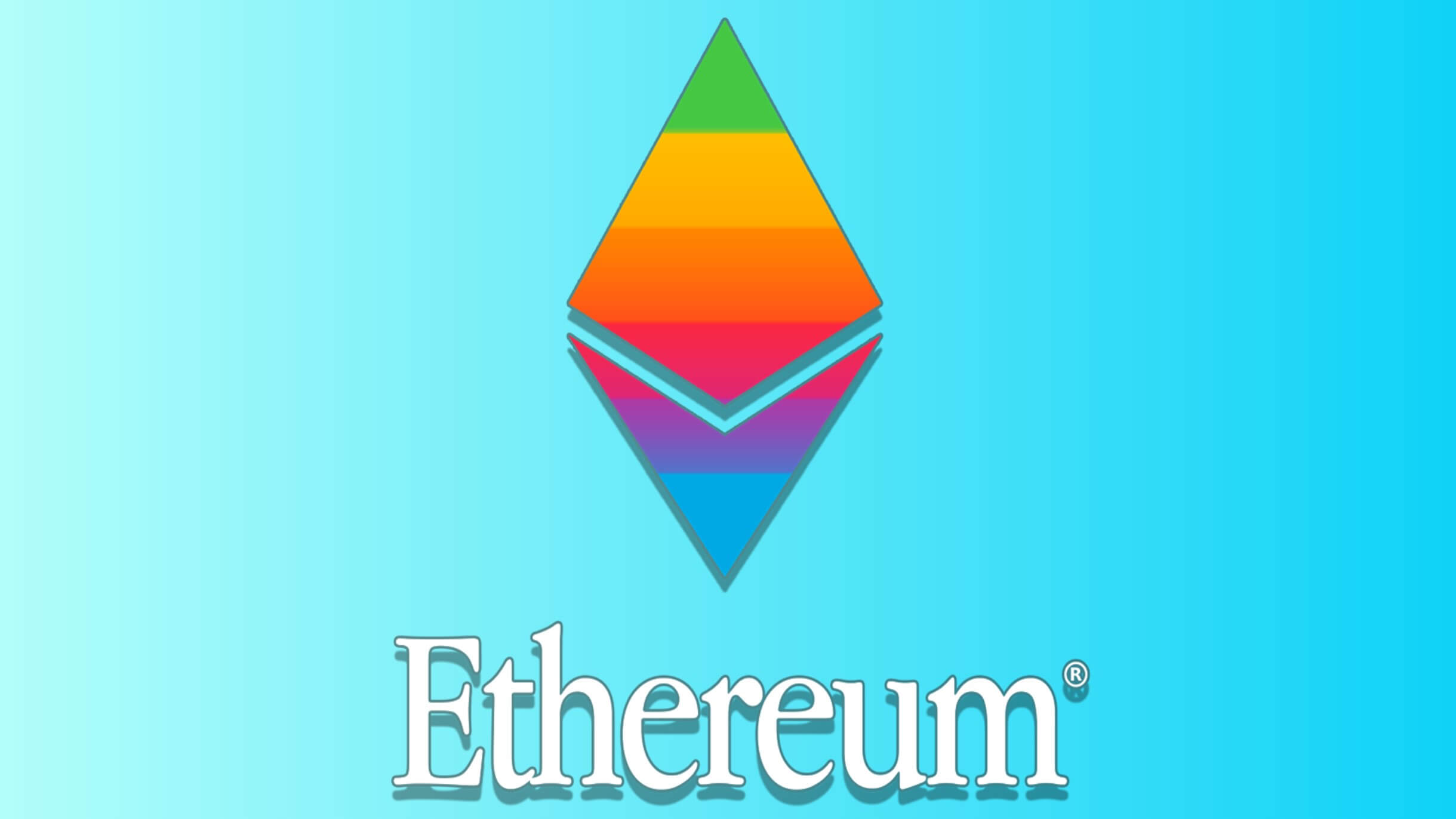
Ethereum: A global, distributed, open-source blockchain, accessible for anyone, anywhere.
Ethereum: A short and sweet definition
Ethereum is an open-source, public, blockchain-based distributed ledger featuring smart contract functionality.
Smart contracts enable developers to build Decentralized Applications (Dapps) on the Blockchain.Smart Contracts are executed in a trustless environment, while leveraging the high availability of the Ethereum network.
At its core, Ethereum is a blockchain-based platform for developing decentralized applications (dapps), making it the second largest cryptocurrency behind Bitcoin.
In contrast to Bitcoin’s focus on currency and value storage, Ethereum is a distributed platform for executing “smart contracts,” or computer programs that are executed on a distributed computing network and whose validity is guaranteed by that network’s peers and the Ethereum blockchain.
The goal is to build decentralized applications that are secure, open, and impenetrable to censorship.
Ethereum has been used as the base layer for everything from “play-to-earn” games using NFTs to “decentralized finance” (DeFi) apps.
Finally, many think Ethereum might support a re-imagining of the internet’s underlying architecture, called “Web3,” in which control of the internet is disintermediated away from large businesses like Amazon and Facebook.
Learn about Ethereum’s grand vision and the function of Ether with the help of our easy-to-understand guide.
Why Ethereum?
While fundamentally innovative, Bitcoin has limited use cases. You can store and send it but not much else. Ethereum was built as a new blockchain to address this. It’s decentralized and yet multipurpose. Ethereum makes it much easier for anyone to build new use cases through decentralized applications (Dapp). As it’s open-source you don’t have to ask anyone’s permission to start building – meaning no closed doors for some of the brightest innovators of our generation.
The pace of innovation is further enhanced by the fact that you can combine pieces that have already been made – hence why it’s sometimes called ‘money lego’.
In theory, any use case can be built on Ethereum, from games to file storage, media streaming to art collecting. It’s finance, though, where we’ve seen the greatest momentum so far.
Ethereum is a global, distributed, open-source blockchain, acting as a platform for decentralized applications (Dapps) that use smart contracts. You can think of Ethereum as a world computer that allows anyone to build, deploy and use applications for whatever purpose, creating the next stage of the internet, or what many refer to as Web 3.0.
Decentralized applications are applications or programs that run on a blockchain. That means there is no single authority that controls or operates them.
What is a decentralized application?
This is different from standard applications on our phones or computers. For example, when we use social media, check our emails or order food, the app we use is controlled by a single organization. This organization controls and manages the activity on the platform. In some cases, that can result in restricting users from accessing some or all the services.
Decentralized applications can’t restrict services to anyone. Code is law. As long as the criteria is met within a smart contract, it will execute. For example, anyone can create a wallet without entering any personal information. You can then take out a loan if you meet the collateral requirements. Then you can use that money for whatever purpose. Quick and easy!
But if you tried all this in the traditional banking system, you would face many barriers.
To open an account, you need to submit personal information, like:
- Age
- Name
- Gender
- Where you live (if you actually live somewhere; i.e. if you have a home)
- Etno-cultural filiation
- Some form of government identification.
The above already excludes many people from having an account — especially the most vulnerable, like people from countries at war, or homeless people.
But the problems do not stop there: The very same personal details you submitted may also serve to impact your ability to apply for a loan. And if you happen to live in an area with high crime, tough luck: You can get rejected, despite never missing a payment in the past. If the bank does not like your surname, for associating it with a “problematic group”, the bank can make your life harder for you. And you may never get to know what motivated whatever decision the banks took.
Ultimately, there is a single authority that decides what you can and can’t do.
Ethereum fixes this.
How is Ethereum different from Bitcoin?
Although the Bitcoin and Ethereum networks are both blockchains, they have fundamental differences.
The rich ecosystem of applications operating on the Ethereum network distinguishes Ethereum from Bitcoin. But at the same time, Ethereum also functions as peer-to-peer cash.
Benefits of the Ethereum Blockchain
Ethereum builds on the innovation of Bitcoin while adding some additional benefits, they are:
- Peer-to-peer: Like Bitcoin, you can use Ethereum for direct peer-to-peer payments. All without needing an intermediary like a bank.
- Programmable: Smart contracts self-execute once their terms get met doing what’s programmed.
- Transparent: All the activity on Ethereum is viewable for anyone to see.
- Permissionless: Anyone, anywhere, can use the Ethereum ecosystem.
Ethereum use cases
Ethereum is creating new and exciting use cases. As the ecosystem develops, so will these possibilities.
A few examples are:
- Decentralized finance (DeFi): An open financial system giving you control over your money.
- Non-fungible tokens (NFTs): Digital assets secured by the Ethereum blockchain. They’re creating new opportunities for creators and unlocking new revenue streams.
- Decentralized autonomous organizations (DAOs): A new form of organization that’s democratic and transparent. It gives all the participants the ability to shape decisions.
Share this Post